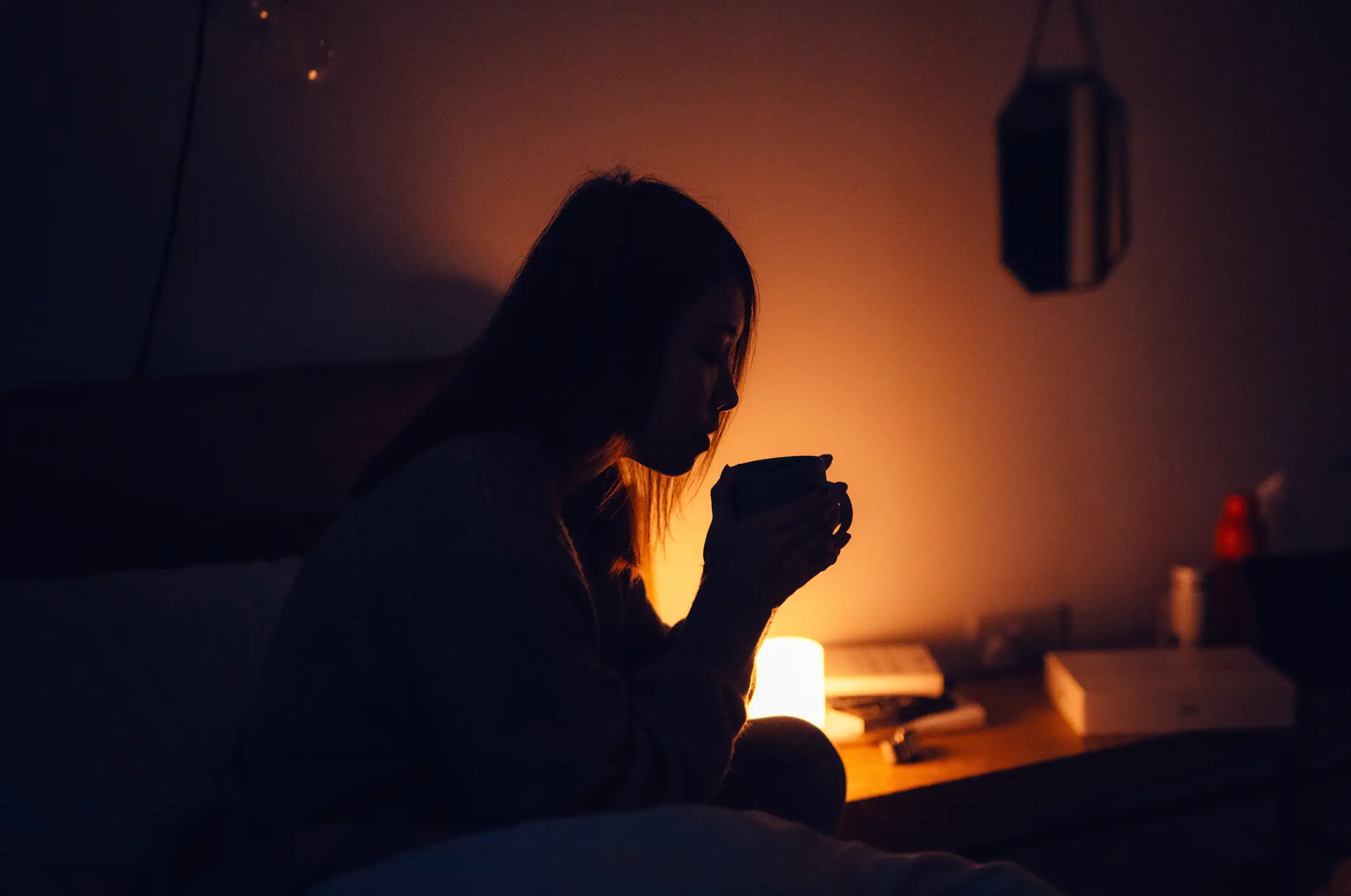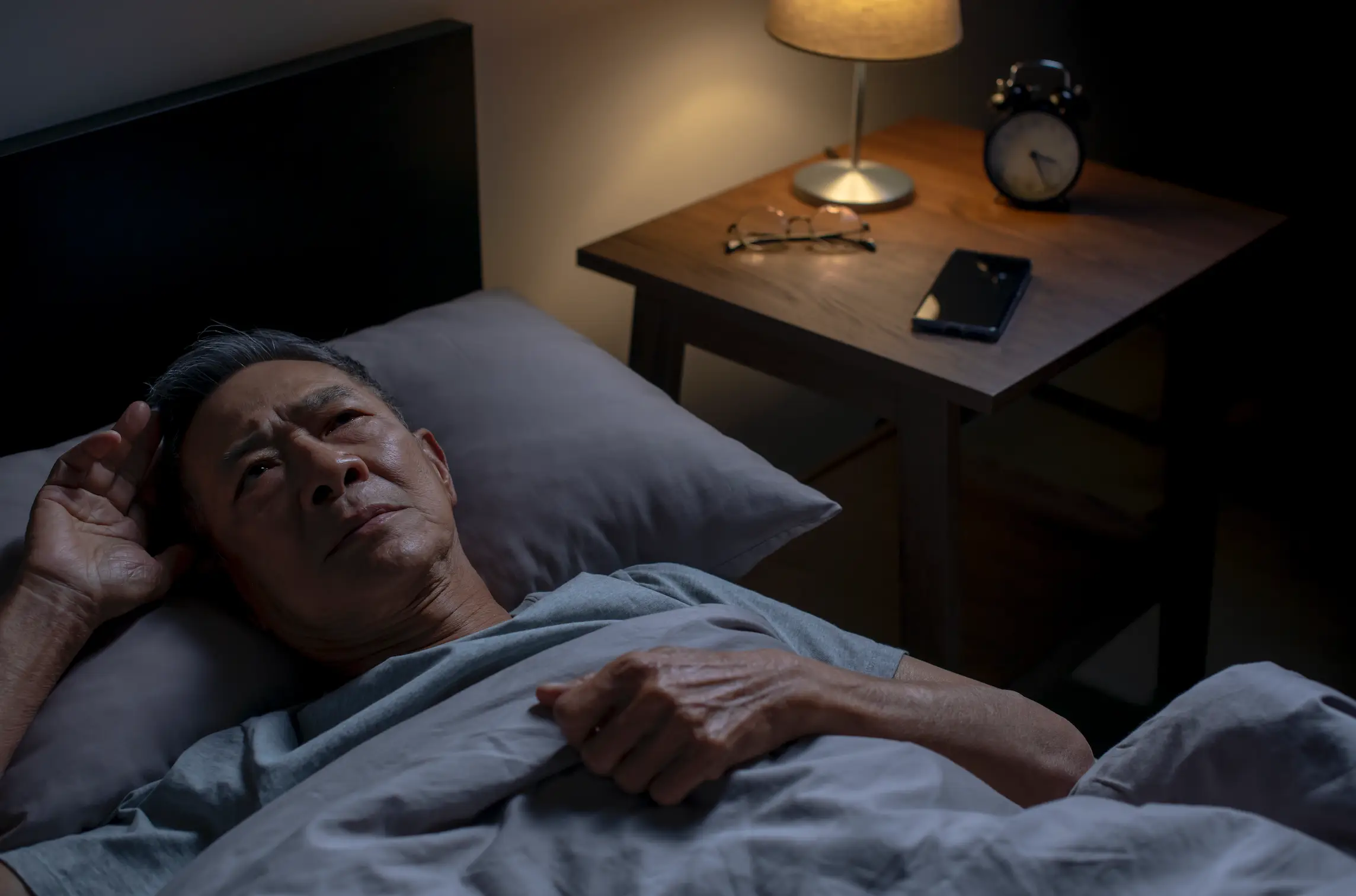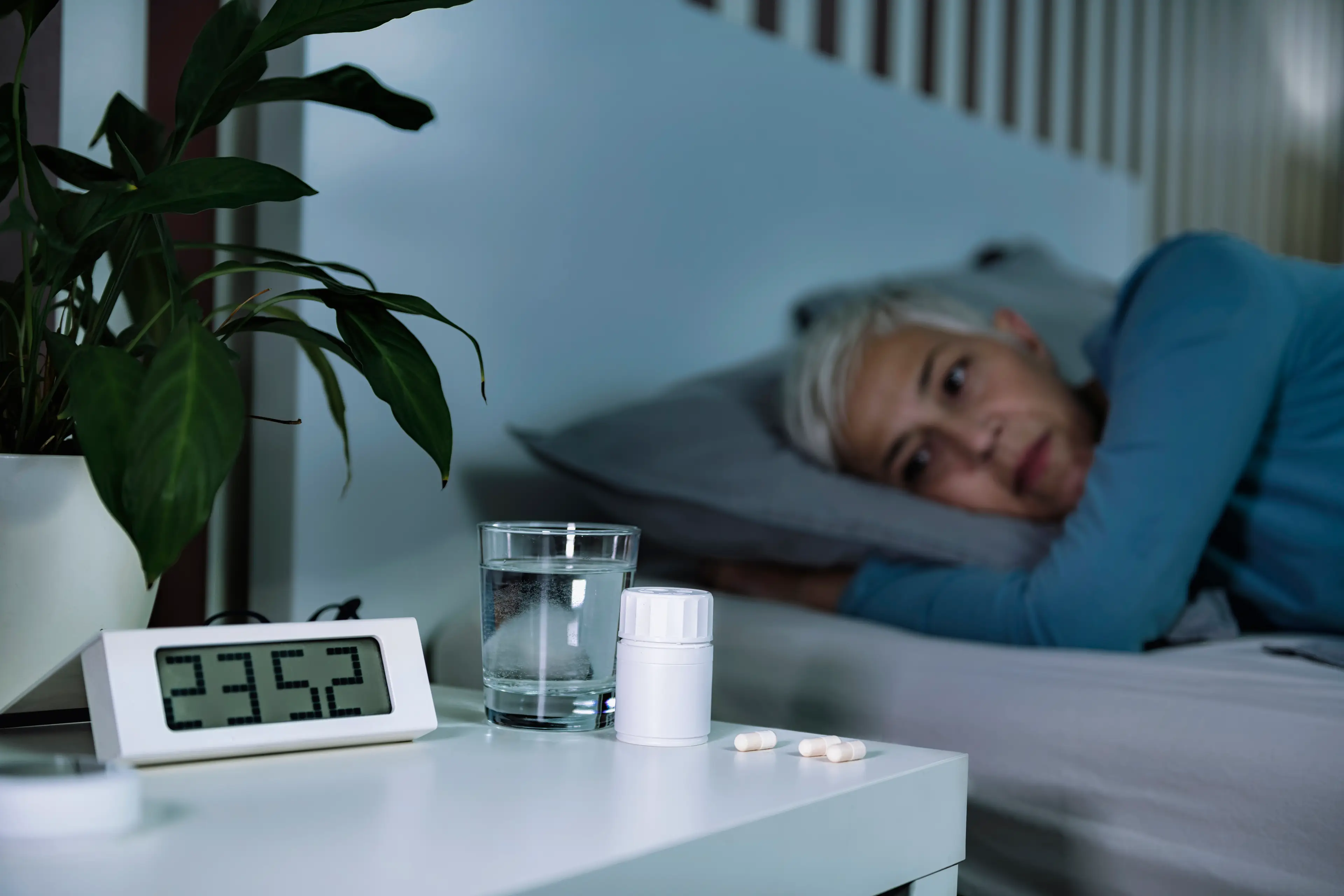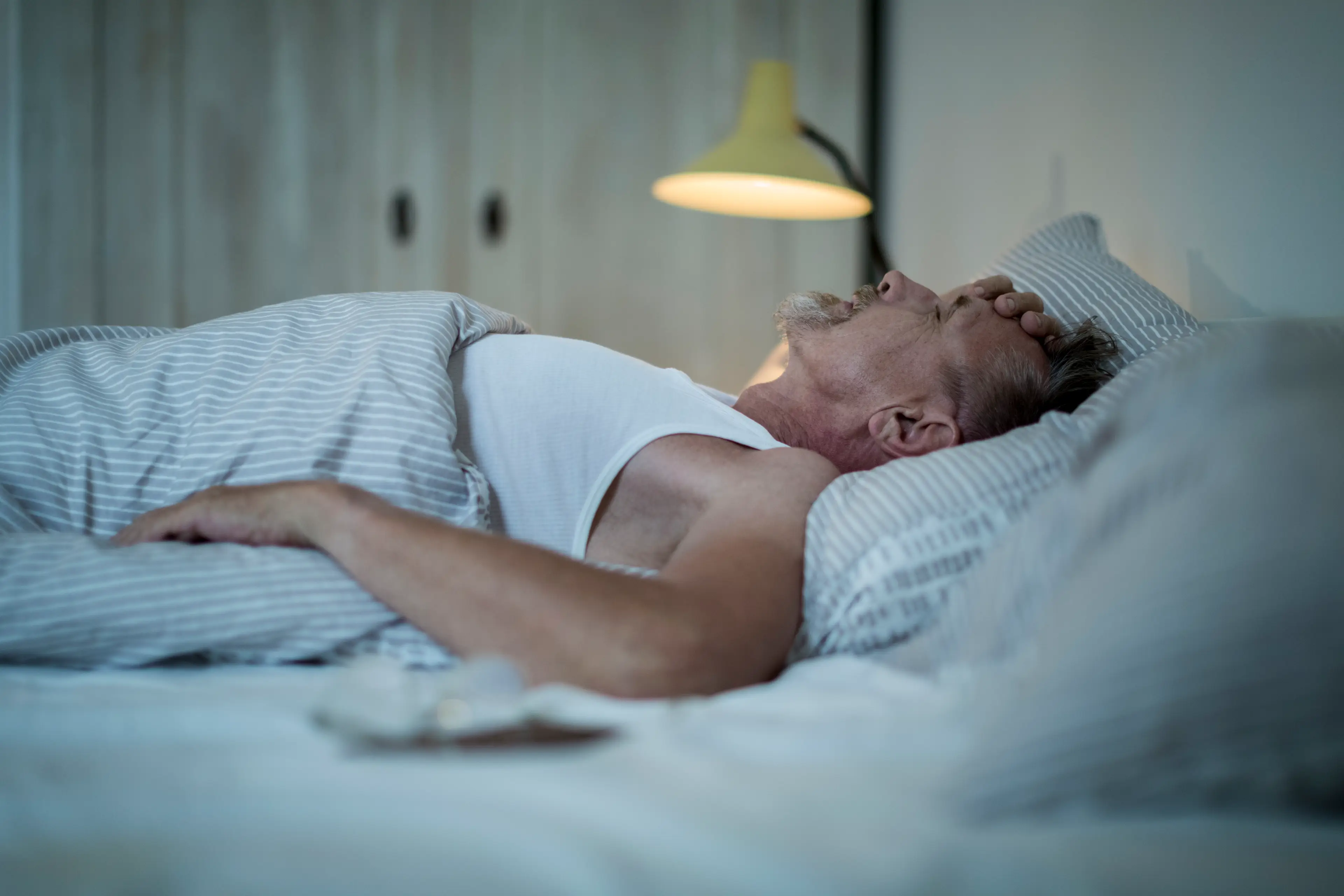
Are you someone that suddenly finds themselves wide awake in the the middle of the night, before rolling over and checking their clock to see it's around four o'clock in the morning?
Well, if so, worry not. We're here to help.
It turns out that that are actually a handful of possible of explanations for this - as well as for why you might struggle to drift back off to sleep again afterwards. In fact, there are seven.
All of these factors could have an affect due to their interruption of natural bodily rhythms - your circadian rhythm, or 'sleep cycle', in particular - and explain why you always seem to wake around the same time, and when you need to see a doctor,
Advert

Insomnia
For those unfamiliar with the term, this condition refers to general problems when falling asleep and staying asleep, but can be defined by a handful of other symptoms.
It could also see the sufferers waking up much earlier in the morning than they need to and struggling to fall asleep again, battling a broken sleep pattern, not getting enough hours in each night, and feeling tired during the day.
The causes of such issues can be either internal or external.
External factors could include turbulent shift patterns at work, sleeping too much during the day, using technology immediately before heading to bed, consuming caffeine at the wrong time of day, smoking, drinking alcohol, taking drugs, or being in a bright, noisy room.
Internal factors, meanwhile, could include pregnancy, being in physical pain, or not doing enough exercise.
Several forms of treatment can help with insomnia - including cognitive behavioural therapy, general changes to lifestyle, and sleep medication.

Stress
It's vital not to underestimate the damage that stress - whether conscious or unconscious - can have upon the body, including to the musculoskeletal, respiratory, cardiovascular, and gastrointestinal systems, as per the Sleep Foundation.
One 2017 study concluded there's a direct link between high stress levels and poor quality sleep.
Another study, in turn, found that increased sleep quality also aided in people's ability to cope with stress efficiently. The two go hand-in-hand.
Aging
According to some experts, difficulty sleeping simply forms part of getting older, and middle aged adults suffer much more disjointed nights on average compared to babies, children and teens.
This is due to the circadian rhythm changes that we mentioned earlier, but could also be linked to the daily life stresses that are inflicted upon all adults - such as careers, parenting, finances - compared to kids.

Hormones
A hormonal imbalance could also have a part to play in difficulty sleeping - particularly in cases of pregnancy, perimenopause, and menopause.
Pregnant women can sometimes find relief from mid-night wake-ups by implementing a maternity pillow into their routines, aiding with comfort.
In cases of perimenopause and menopause, it's often a drastic increase in body temperatures that leaves sufferers feeling uncomfortable.
Naturally, therefore, experts often recommend investing in more breathable bedding, or a fan.
Medication
Several types of medication have been linked by doctors to a poor night's sleep.
Beta-Blockers - which are commonly prescribed as either anti-anxiety medication or a relief aid for hypertension - are also known to suppress melatonin production in the body, impacting sleep quality.
Diuretics - used to help lower blood pressure by reducing water quantity inside the body - can also leave the sleeper needing to get up regularly through the night for a wee.

Anti-depressants - which are used to treat a handful of mental health disorders aside from depression - can also leave those taking the medication struggling to drift off at night.
Lifestyle
External lifestyle factors - which are often within our control - can contribute to a reduction in sleep quality, include poor routine.
A 2016 study found that, people who go to bed at different, increasingly sporadic times of night have a lesser sleep quality compared to those who go to set a proper bedtime schedule.
Smoking can also have a severe impact on sleeping, with a poorer quality being quite common in those who regular consume cigarettes compared to non-smokers.
Pain

Chronic agony can leave some people unable to drift off at night - and unable to fall back asleep if their pain suddenly wakes them up in the middle of the night.
When to see a GP:
Long-term lack of sleep - or prolonged poor sleep quality - aren't things that should be overlooked.
More often than not, the cause of this suffering can be easily treated through lifestyle changes, such as having a regular bedtime and avoiding technology before bed.
However, if your turbulent sleep schedule continues to have impacts on either your physical or mental health after you've made these changes, a GP appointment should be made.
Topics: Sleep, Life, True Life, Real Life, Health, Mental Health